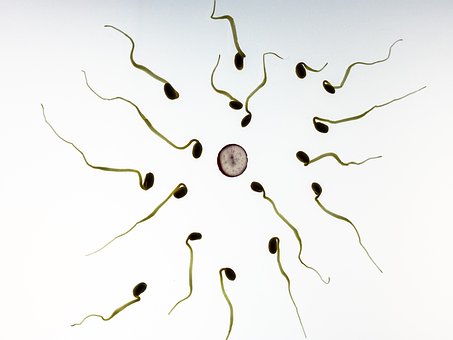Better access to fertility cares essentially for global health … The UN World Health Organization (WHO) issued a major new report on Tuesday warning that access to affordable care is insufficient for the one in six people who experience infertility worldwide.
Both men and women can have infertility, which is a reproductive condition characterized by the inability to conceive after 12 months or more of frequent, unprotected sexual activity.
The WHO examined all pertinent infertility research published between 1990 and 2021 in order to establish updated detailed estimations. According to the study, 17.5% of the adult population will experience infertility at some point in their lives. According to the UN Office for Health, the rates in high-, middle-, and low-income nations are “similar.”
Infertility does not discriminate, as the report makes clear, according to Tedros Adhanom Ghebreyesus, director-general of WHO.
Related: Marburg virus outbreaks highlight link between health and planet
“The overwhelming number of impacted individuals demonstrates the need to increase access to fertility treatment and ensure that this topic is no longer marginalized in health research and policy so that safe, effective, and cheap means to achieve motherhood are available.”
Health poverty trap
Despite the fact that infertility is common, according to the WHO, diagnosis and treatment, including in vitro fertilization (IVF), are still underfunded and patients are forced to pay high costs.
Many are forced to pay the expenses out of pocket, which frequently has disastrous results.
Annual salary
According to Doctor Pascale Allotey, WHO’s Head of Sexual and Reproductive Health and Research, millions of people who sought treatment for infertility were all too frequently caught in a “medical poverty trap” and faced catastrophic healthcare expenses.
Related: Covid Booster Jab To Be Offered This Spring
WHO states that compared to persons in affluent nations, those in the poorest countries spend a larger percentage of their income on fertility care.
The UN Agency for health also cites newly released, separate studies on infertility expenses in low- and middle-income countries that it co-funded. According to the findings, one IVF round might cost as much as the average annual salary.
The factor for gender equality
Related: Spain Passed A Bill Creating Menstrual Leave For All Women
Improved public policies and funding may considerably increase access to care and prevent poorer households from experiencing poverty as a result, said Doctor Allotey.
The WHO emphasized that infertility is associated with “distress and stigma” in addition to a higher risk of intimate partner violence.
Dr. Allottey argued that infertility should be a top priority for universal health coverage due to the numerous detrimental effects the disorder has on people’s health all over the world.
Related: Lasser Fever Outbreak In Nigeria 2023
The WHO research stated that treating infertility can help reduce gender disparity. “Fertility care is a vital aspect of sexual and reproductive health,” it added.
“Persistent” data omissions
Ample research is also unavailable, in addition to the inadequate availability of services. WHO notes a “persistent” shortage of information about infertility in several nations.
In order to target interventions and encourage prevention, WHO has advocated for improved national infertility statistics that are “disaggregated by age and by etiology.”

